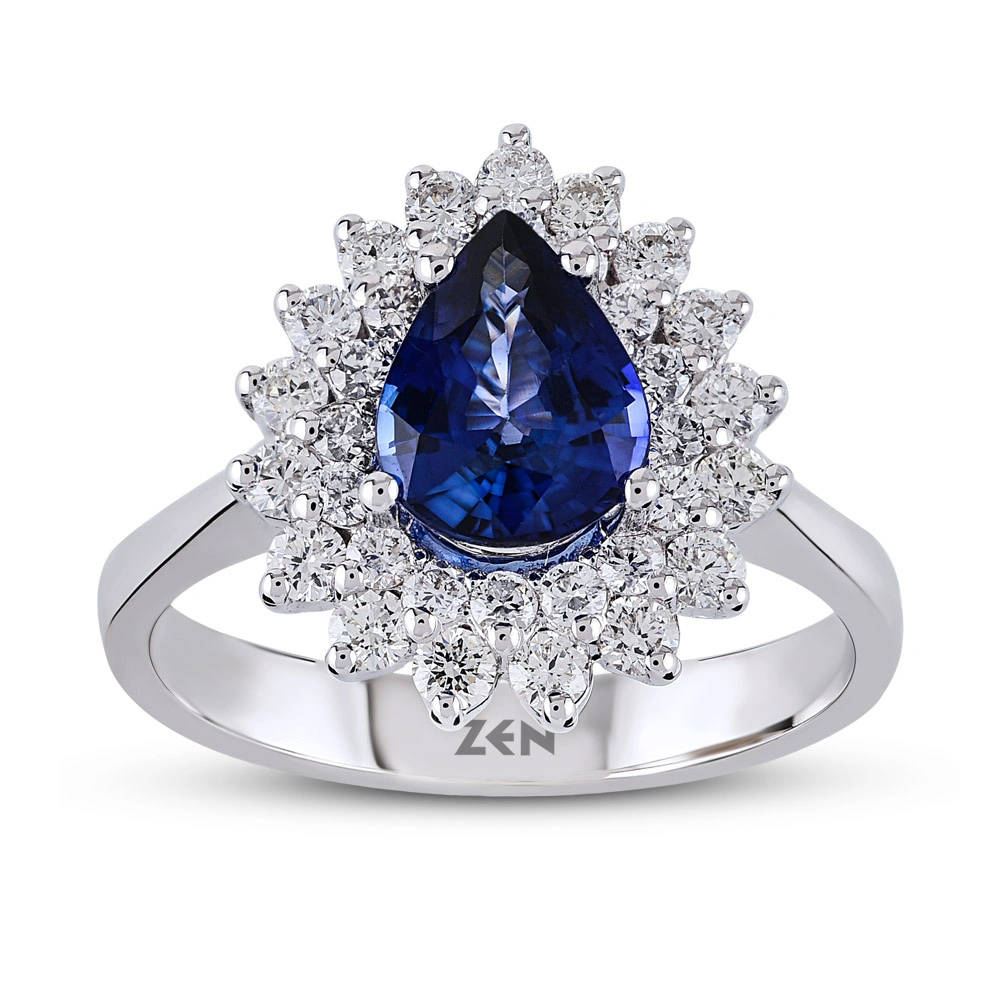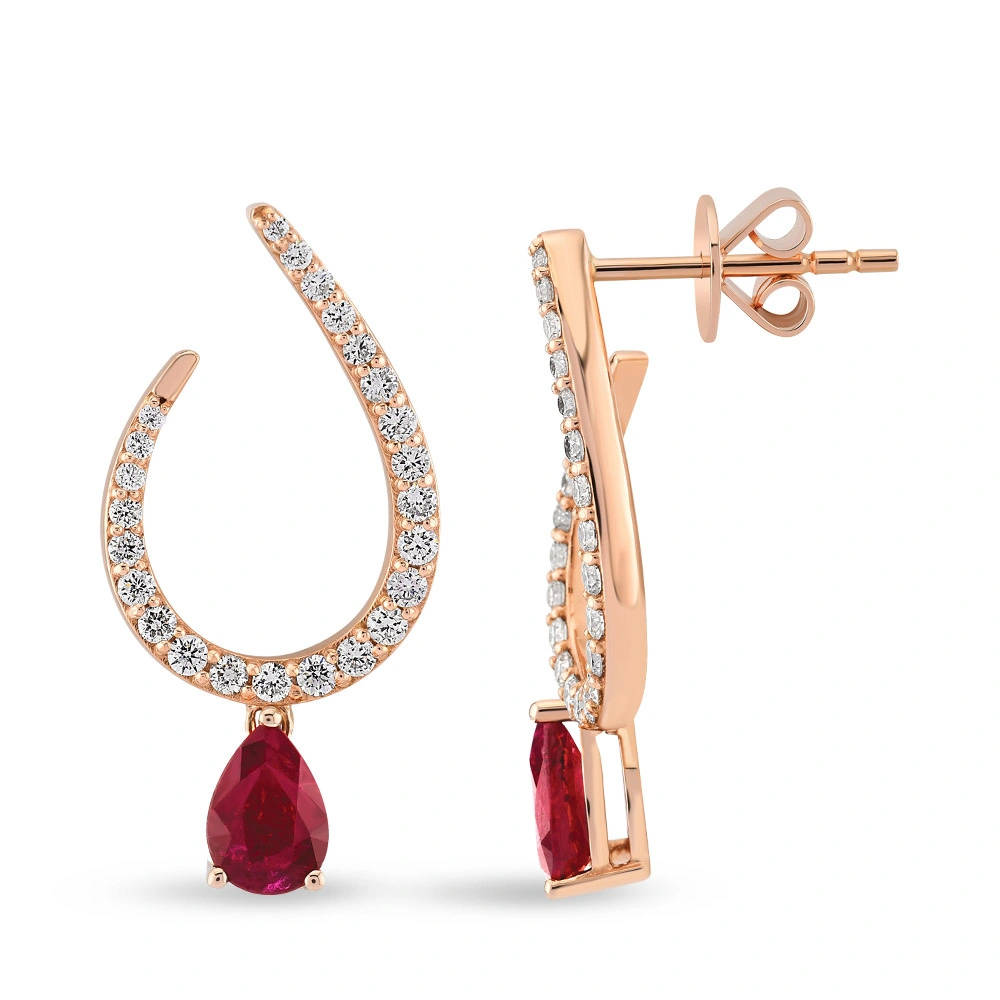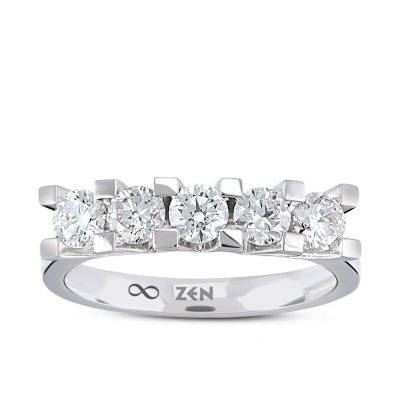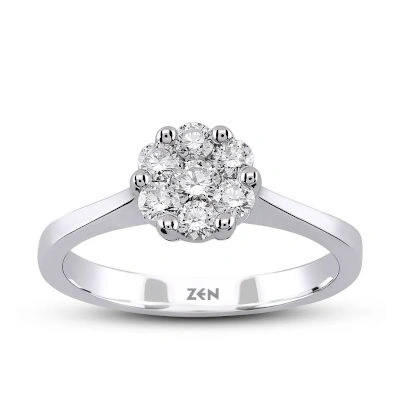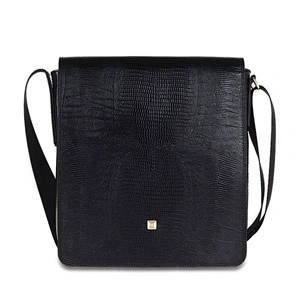HOW TO CARE FOR YOUR JEWELLERY PROPERLY:
Jewellery that is worn regularly may not look like new. Through wear, gold loses its shine, the gemstones look dull, the pearl necklace stretches. But jewellery can stay beautiful for a long time if it is treated appropriately and cared for properly.
The more often and the better you take care of your jewellery, the longer you will enjoy it. Your jewellery will thank you with a long life.
Which piece of jewellery is cared for and how can vary greatly for certain materials (metals or stones). In the following, we will show you how you can easily take care of your jewellery yourself at home and what you should pay attention to.
PROPER WEARING OF JEWELLERY:
Do not wear jewellery while doing housework, gardening, exercising, in the shower as well as while sunbathing or going to the sauna. While rinsing water and sweat will damage the surfaces in the long run, shocks and strong sunlight will cause irreparable damage to sensitive materials.
Do not wear your jewellery while swimming. Chlorine and salt water can cause gold and silver jewellery to lose its colour quickly. More sensitive gemstones can even be destroyed. The silk thread of the pearl necklace can get wet and then no longer dries properly. The result: the pearl rots from the inside out.
Protect your jewellery from contact with cosmetics such as hair lacquer, powder, perfumes, deodorants, sun cream or similar and generally avoid vapours, fats as well as oils.
Anything that still settles on it, for example sweat and the finest particles of dirt, can be rubbed off with a soft cloth. This is best done after every wear, of course.
GENERAL CARE TIPS FOR JEWELLERY
Jewellery should be cleaned as often as possible. In general, you can clean any piece of metal jewellery without stones with mild soapy water.
Clean one piece of jewellery at a time - not several at the same time!
Never use harsh cleaning agents or solvents to care for your jewellery. Toothpaste and denture cleaners are also generally unsuitable. A warm soap bath with a few drops of washing-up liquid is absolutely sufficient for cleaning gold or jewellery in general.
If there is still dirt residue on the piece of jewellery, you can work on it with a soft toothbrush. However, please be careful not to use too much pressure, otherwise there is a risk of pushing out stones.
Do not forget the underside of stone settings. Rinse the jewellery with lukewarm water and dry it with a lint-free towel. It is also advisable to let the cleaned jewellery air dry for a while.
However, you cannot clean tarnished jewellery in this way. Use gold and silver cleaning cloths for this purpose. These are impregnated with special cleaning substances and polishing agents and guarantee gentle cleaning.
Pearl jewellery must not be bathed in water. Please only rub it with a damp leather cloth.
IMPORTANT POINTS TO BEAR IN MIND:
Although soap and water are the best choice for cleaning most gemstones, they should not be used for amber, coral, emerald, jade, lapis lazuli, opals, pearls or turquoise. However, diamonds and coloured stones such as aquamarine, blue topaz, citrine, ruby, sapphire, tourmaline as well as the synthetic zirconia will regain their shine with the care described above in a soapy water bath.
CLEANING GOLD JEWELLERY
One of the frequently asked questions is "How do I clean gold jewellery?" In summer, you can often see dark discolouration of your gold jewellery. Strictly speaking, it is not the gold that is responsible for the discolouration, but the other metals alloyed with the gold. The higher the gold content, i.e. the higher the alloy (e.g. 14 carat / 585 gold), the less susceptible the piece of jewellery is to tarnishing - in comparison to pieces of jewellery made of low-carat alloys (e.g. 8 carat / 333 gold), which have a higher content of foreign metals. For this reason, high-carat gold jewellery also has the best wearing properties and therefore requires less care.
CLEANING SILVER JEWELLERY
Our customers also ask" How do I clean silver jewellery?" Here are some care instructions on how to clean silver jewellery.
Silver jewellery has the property of oxidising through wearing and generally through contact with air. It then turns an unsightly grey to black. This is due to the hydrogen sulphide contained in the air. The silver thus reacts to form black silver sulphide. Would you like to clean silver? You can find our tips for cleaning silver below.
Polished surfaces can be cleaned in a commercial silver bath or cleaned with a cleaning cloth or cleaning pastes and brought back to a high shine. These cleaning products remove the dark sulphide layers on the silver and at the same time often contain an additional substance that provides effective protection against tarnishing. However, these preparations are usually toxic. For this reason, pay special attention to the instructions that come with the products. Some stones are sensitive to these preparations. It is therefore recommended not to bring these stones into contact with these cleaning agents!
If you do not have a cleaning agent at hand, there is a simple alternative cleaning method. To do this, take a plastic bowl (important - no metal) of boiling water, dissolve common table salt in it (to 1 litre of water, 200 gr. of salt), place a piece of aluminium foil on the bottom of the bowl and place the jewellery (only without stone and pearl trimmings) on the aluminium foil. The jewellery must remain in the water until the black coating has dissolved and adheres to the foil. Finally, rinse with clear water and clean with a dry cloth.
JEWELLERY STORAGE
Here are some tips on how to store your jewellery. Ideally, you should store your jewellery in a special jewellery box. A jewellery box with many compartments and a soft lining is best. For storing gold and silver, there should be a plug-in device. Generally keep the individual pieces of jewellery separate from each other so that they do not scratch each other.
Always store your silver jewellery in containers or plastic bags that are as airtight as possible, ideally including a strip of aluminium foil or even a piece of school chalk. These additions bind the hydrogen sulphide in the air. This way, your silver jewellery will remain shiny for much longer.











